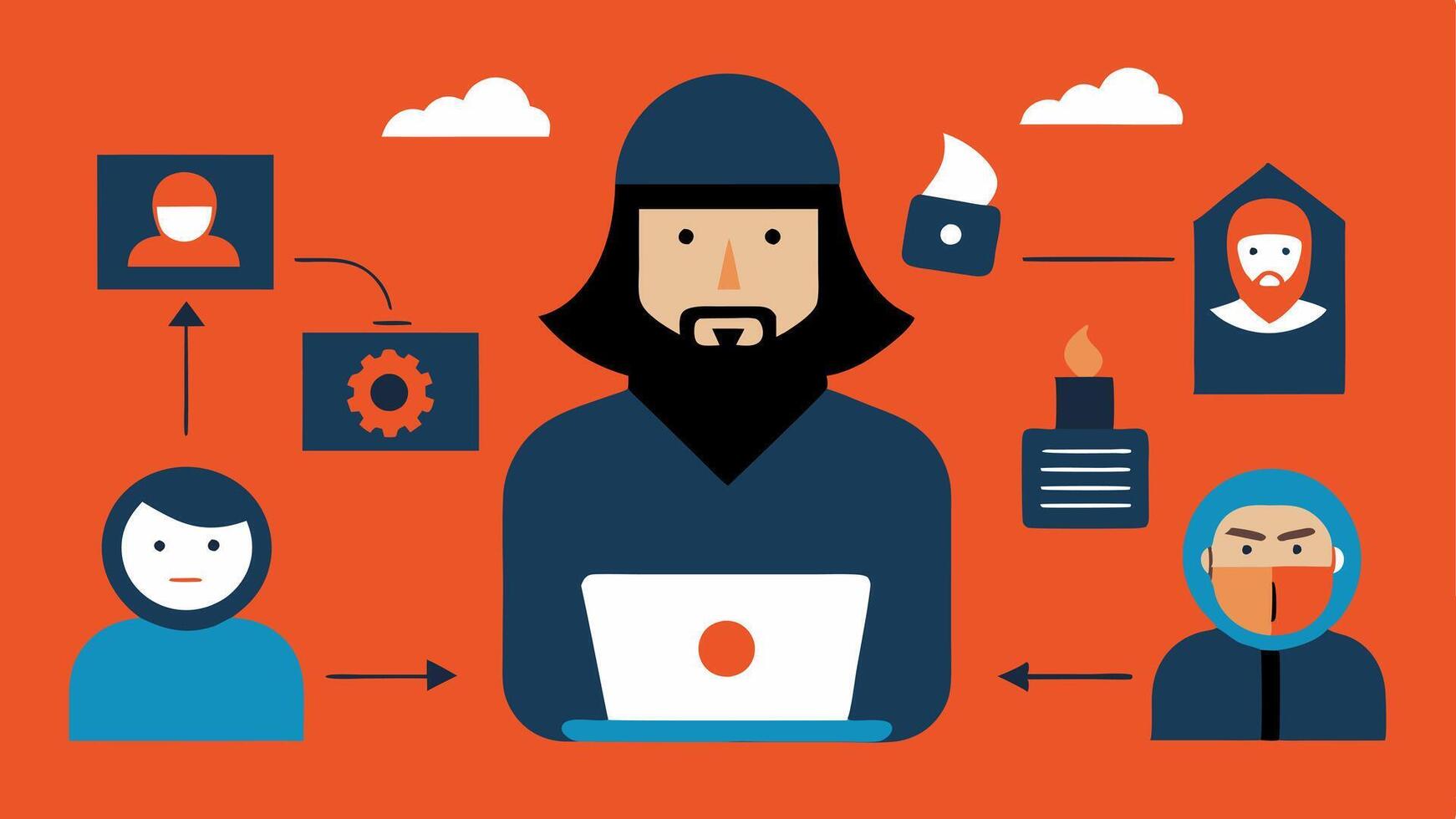Understanding Online Radicalization
Online radicalization is the process by which individuals are exposed to extremist ideologies and persuaded—often subtly—to adopt radical views, sometimes leading to hate, discrimination, or violence. This process often begins in online forums, comment sections, or video platforms where extremist content is shared and normalized through repetition.

Social media algorithms are designed to promote engaging content. This means once someone interacts with radical content, the platform may start showing more of it—creating an echo chamber that reinforces extremist beliefs.
Radicalization can begin with curiosity. What starts as a casual click on a controversial video can gradually lead to dangerous ideologies if not critically examined.
How Radical Content Spreads Online
- Algorithmic recommendations that promote similar extremist content
- Private or anonymous chat rooms used for indoctrination and recruitment
- False narratives spread through manipulated videos or fake news
- Emotional appeals that prey on fear, injustice, or belonging
Warning Signs of Online Radicalization
- Sudden shifts in beliefs or language, especially around politics or religion
- Isolation from family, friends, or community
- Obsession with specific causes or conspiracy theories
- Increased secrecy in online behavior or joining closed online groups
How to Stay Safe
- Report radical content to the platform or relevant authorities
- Talk to children and teenagers about what they view online
- Avoid engaging with extremist content even out of curiosity
- Diversify your content sources to avoid algorithmic bubbles
- Encourage critical thinking and fact-checking skills
If you or someone you know may be affected by online radicalization, seek guidance from trusted institutions or mental health professionals. Awareness is the first step in prevention.